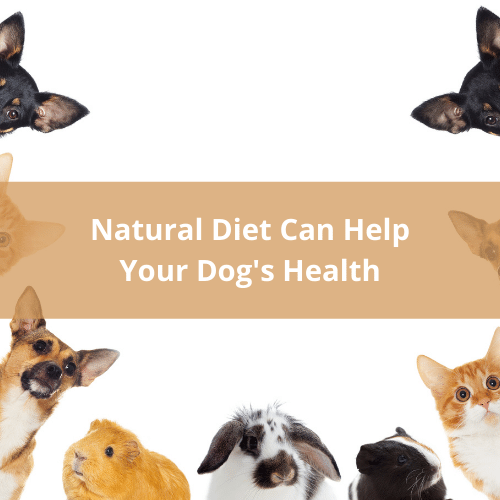![]()
It goes without saying that your dog requires proper diet to stay healthy. Vets and pet food manufacturers frequently disagree on what is best for your dog’s nutrition. Despite the fact that commercial pet food makers are primarily motivated by profit, commercially produced foods are frequently advised as part of an appropriate, or good, diet for your dog. Your vet or dog breeder may occasionally approve of commercially prepared foods as your dog’s sole diet. Many experts, on the other hand, advocate a largely natural diet for dogs, which is typically composed of meat and bones. Cooked is preferred than raw because certain minerals are probably lost during the cooking process.
Commercially prepared pet food is commonly offered to our dogs since, aside from being convenient, it can (depending on the quality) really contain many of the nutrients that are vital to your dog’s well-being. Quality is the essential word here. In truth, there are very few commercial manufacturers who produce nutrient-rich food. And they aren’t the brands you’ll find in your supermarket or even most pet stores or veterinarians.
Raw bones with a little dry food, as well as the occasional rice or pasta, and possibly the odd quality meal crumb from your table, will usually provide the majority of the nutrients that your dog requires.
To maintain optimum health and performance, all dogs must receive adequate nourishment from their food. Water, proteins, lipids, carbs, minerals, and vitamins are the most important nutrients for your dog. Today, vitamin and mineral insufficiency in dogs given commercially prepared diets is not generally publicised. However, the wet and dry formulations available from your clinic or the local store are not your dog’s natural diet. If your dog was allowed to fend for itself in the wild (assuming it could adapt), it would prefer uncooked meat. And one of the reasons why meat, particularly bones, is so beneficial is the chewing activity and tooth cleansing function that the bones provide. Of course, there are professionally manufactured replacements that can efficiently clean your dog’s teeth while simultaneously satisfying his or her need to chew.
A lesser-known fact is that feeding your dog only meat (without bones or other carbohydrate sources) can create serious deficiencies: your dog is likely to get lethargic, unwell, and even die from an all meat diet. But, I hear you exclaim, what about dogs in the wild? Isn’t meat a natural part of a dog’s diet? Brigitte, didn’t you just say that? Yes and no: in the wild, dogs consume the entire prey, not just the muscle meat, and so acquire vegetable materials from the digestive tract of their prey as well as calcium from the bones. Wild dogs also supplement their diet with plants, fruit, and berries on a regular basis.
As long as they’re acclimated to it, most dogs enjoy some fresh fruit and veggies in their diet. A dog who has been given commercially prepared dog food his or her entire life will be unaccustomed to the taste of fresh food and may turn up his or her nose if such healthy food is introduced later in life. But persevere – start by hand feeding slices of carrot or apple. And if your dog is still young, that’s even better. Begin as you mean to continue on, and feed him/her some raw fruits and vegetables on a regular basis. Your dog’s health will improve as a result!
Share This





Be the first to comment